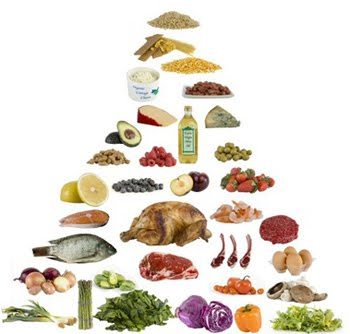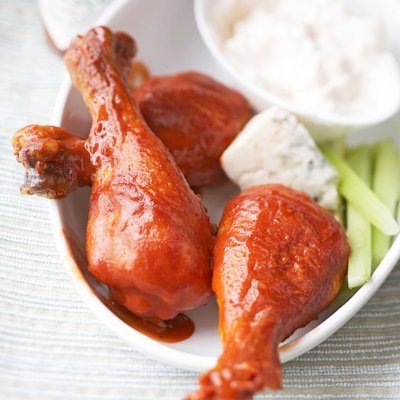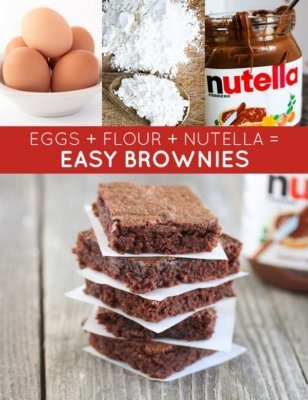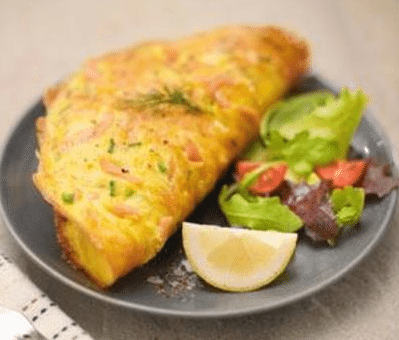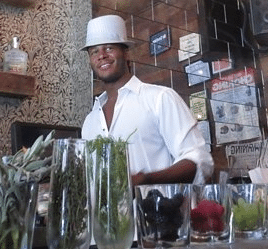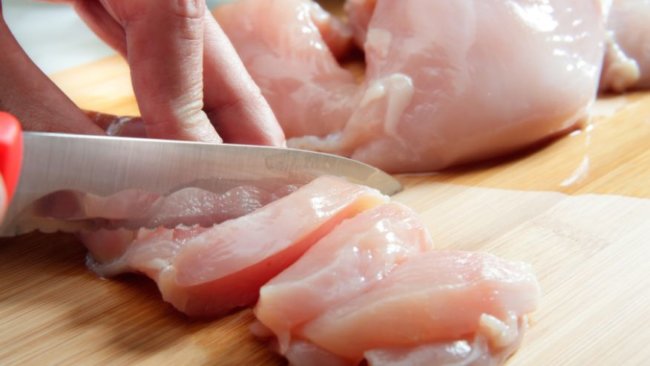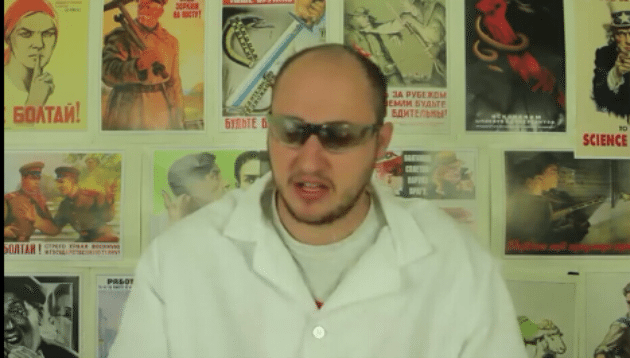 Scrolling down the list of Amazon best-selling cookbooks & food books I was amazed at the amount of Paleo-related cookbooks and info.
Scrolling down the list of Amazon best-selling cookbooks & food books I was amazed at the amount of Paleo-related cookbooks and info.
As a foodie, I’ve heard a lot about the Paleo diet but I really didn’t know what defined it- or why its followers are so passionate about it. At a glance it sounds like Atkins.
And it doesn’t seem to include my favorite foods: chocolate and coffee.
I decided to investigate and see what the fuss is all about. If you are experienced in the Paleo diet, no need to read further (you won’t find anything new). However, as a newbie, I discovered some interesting facts, absorbed some history and got a few ideas how I could be a bit of a Paleo fan- without going all in.
- The Paleo diet is based on food our ancestors really ate.
First, a bit of history: Unlike many fad diets recently developed by doctors, researchers and marketers, the Paleo diet was brought to light by Dr. Loren Cordain in the 1970’s but was followed thousands of years ago by our ancestors. It’s made a lot of headlines recently as more people seek different eating styles and habits. The diet is thought to be a close replica of what people ate in the Paleolithic age. The Paleolithic age ended about 10,000 years ago.
1. There are multiple names for the Paleo Diet.
The diet is also referred to by the following names: Stone Age diet, Caveman diet and hunter-gatherer diet. Personally, I prefer Paleo. It sounds kinda classy.
2. What’s In for the Paleo diet:
Foods that the Paleo Diet include: meat, roots, herbs, vegetables, nuts, eggs and fruit.
3. What’s OUT of the Paleo plate:
Just about all other foods are out of the Paleo diet including dairy, legumes, pasta, refined sugar, potatoes and any processed foods.
4. Main Health Benefit: a diet free from “diseases of affluence.”
Dr. Cordain and the proponents of the Paleo diet state that many human diseases came about when humans started eating grains and processed foods. Their argument is that before humans began to eat these foods, humans lived healthier lives. The health benefits of following a Paleo diet include: more energy, a decreased propensity to cardiovascular disease, diabetes and cancer.
5. The Cons of the Diet
The biggest cons of the diet are twofold: it takes a lot of discipline to follow and is rather limited in foods. (Eggs every morning for breakfast can get a little tiring.) In today’s time sensitive society, this diet does not lend itself to convenience. One approach would be to eat a lot of raw fruits, veggies and trail mix.
6. What does science say?
There are conflicting studies. Dr. Cordain’s site, www.thepaleodiet.com has studies (mostly his) on the problems of the Western diet and the benefits of the Paleolithic diet. It’s pretty easy to find the critics of the Paleo diet online. Google “paleo critics” and a myriad of entries are quickly found.
The Paleo diet is a highly structured diet but appeals to many people who are looking for a lifestyle approach to their health. Any lifestyle change is easier when implemented with other people. With the increased attention the Paleo diet is receiving, there are many resources to draw support from, making it easier to make a dramatic change in lifestyle.
To reflect a bit of the popularity of the Paleo Diet: as of this reading, there are four books in the Kindle Top Twenty category of Food & Cookbooks. In the Kindle Top Twenty for Health, Fitness & Dieting, there are two titles on Paleonic eating. That is healthy interest (no pun intended) in a very niche diet.
The Danger with all Trend Diets
The critics of the Paleo diet are concerned with the lack of studies done on the long term effects of the Paleo diet. Health giving foods such as legumes, low fat dairy and whole grains are eliminated in the diet- and we get many vital nutrients from these foods, like calcium and vitamin D.
The other danger with extreme diets is sustainability. Typically, when humans deprive themselves of certain foods, it lasts for a while, than the will to stay away gives out. It’s easy to binge on a massive plate of pasta or eat half a container of ice cream when it’s been months since the last indulgence.
Moderation seems to be the rule many middle-of-the-road dieticians and doctors preach when it comes to diets of any kind. Few people in the health community argue with the benefit of eliminating processed foods, refine sugar and adding more vegetables and fish to the diet. The problem lies in the rigidity of the diet.
Most of us view food as more than simply fuel for life. Food holds a special place, a way to enjoy relationships, bond with other people and celebrate special events. Food adds specialness to life. More than completely abandoning food groups, moderation is a better bet to life-long health and weight stability.
Therein lies the challenge.
Melissa AuClair is a freelance writer, author and blogger. Before she made the decision to pursue a completely location independent lifestyle, she worked for 8 years as a RN in a variety of medical-surgical hospital units. Follow Melissa on Twitter @melissauclair or http://www.launchyourcreativelife.com
